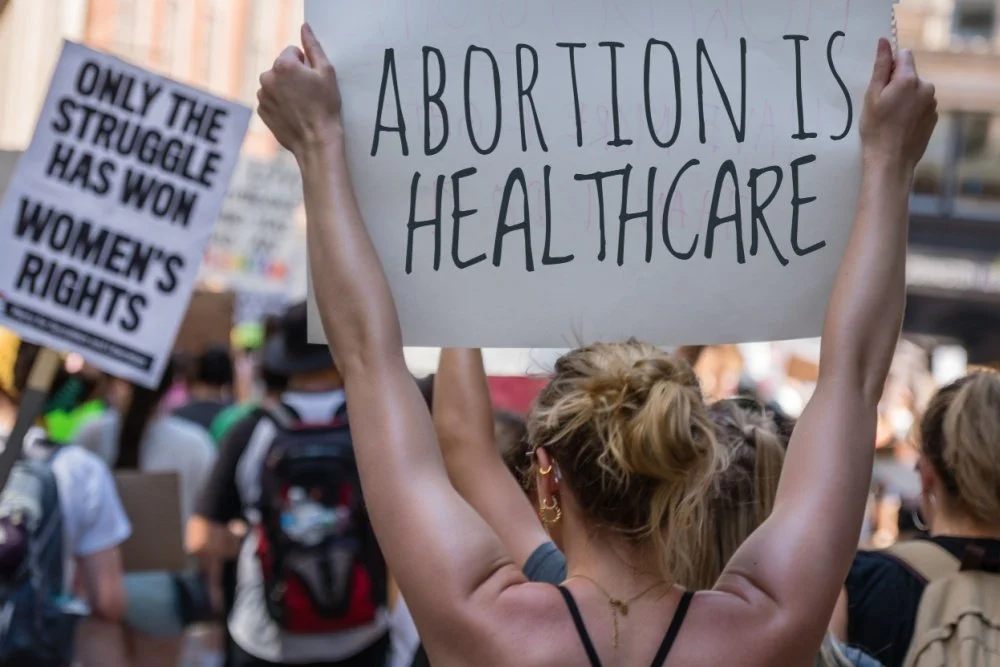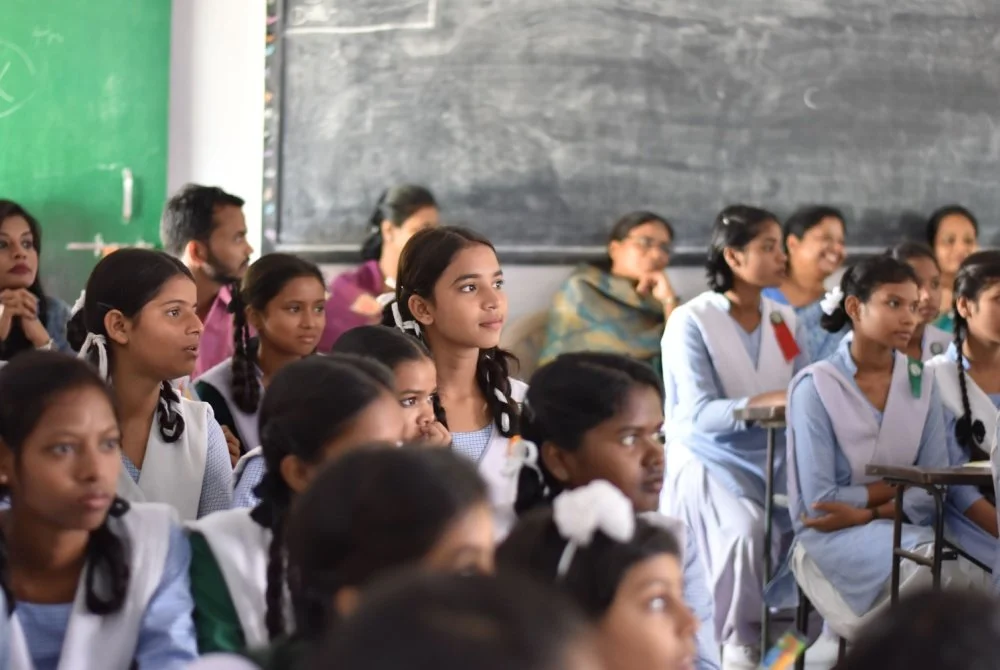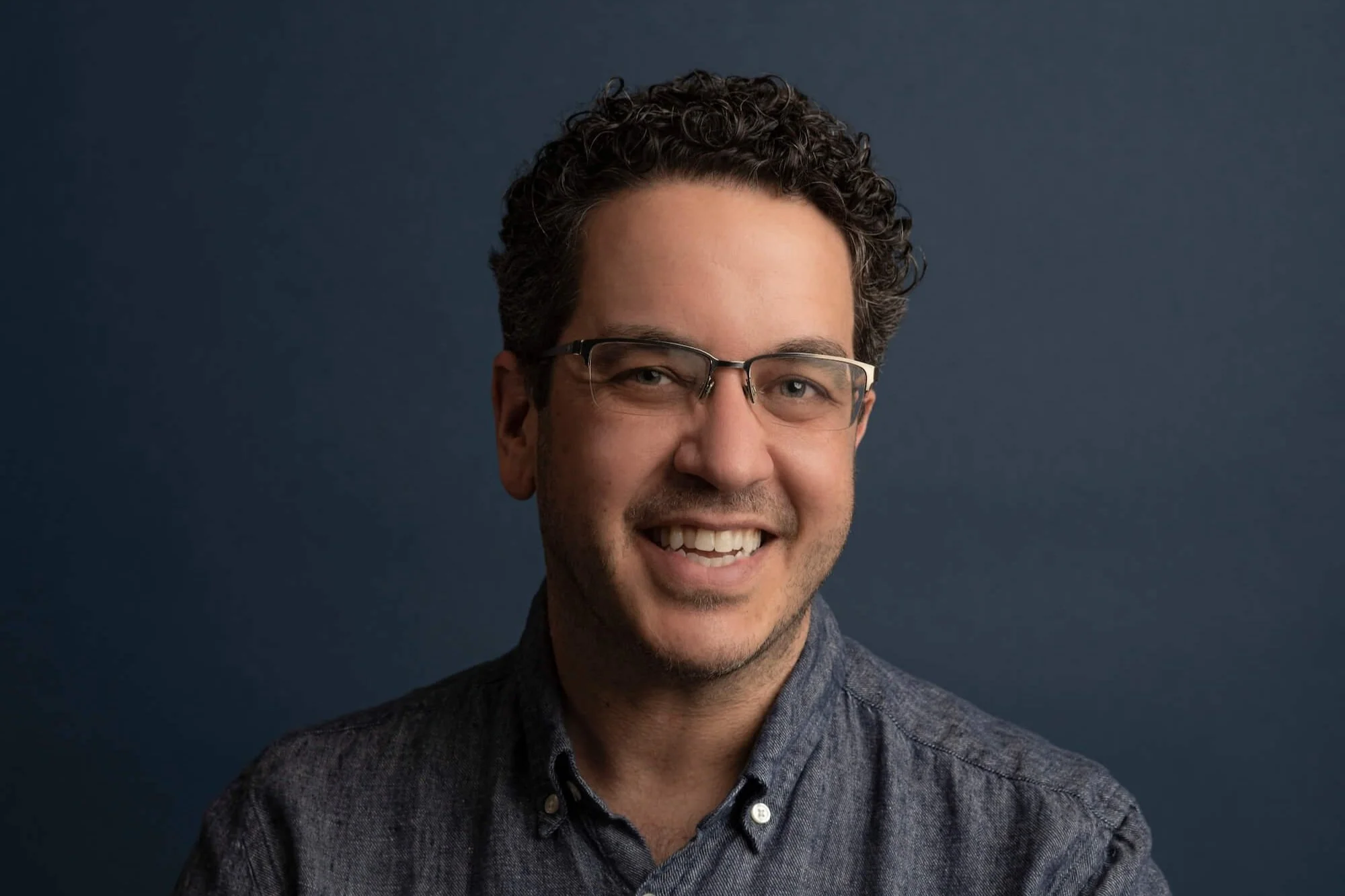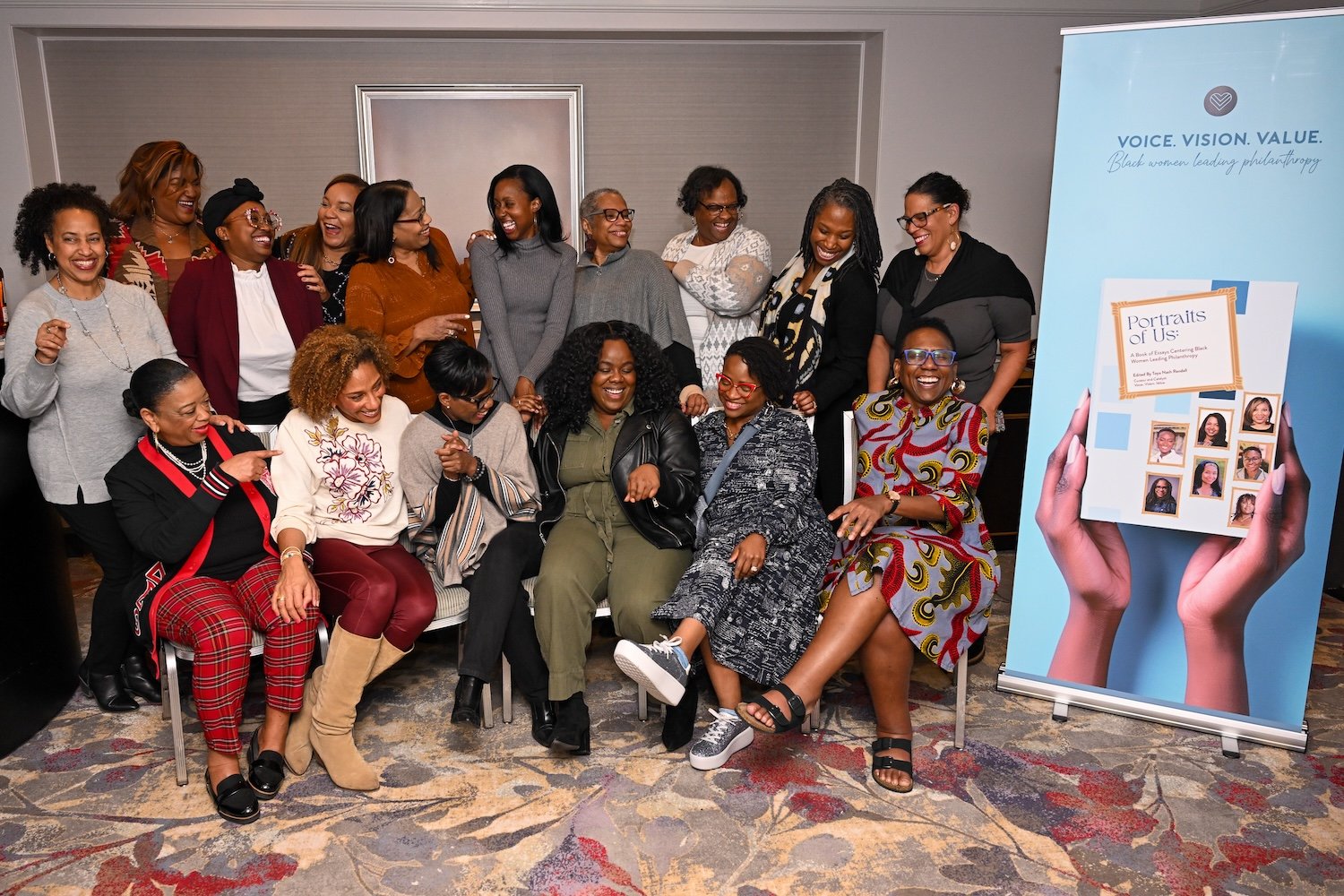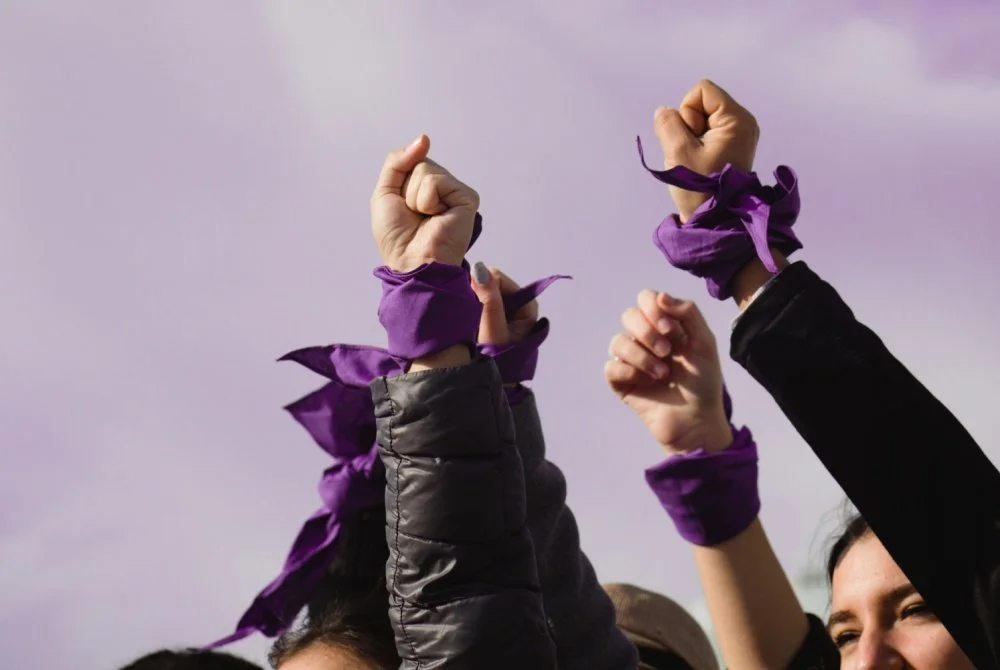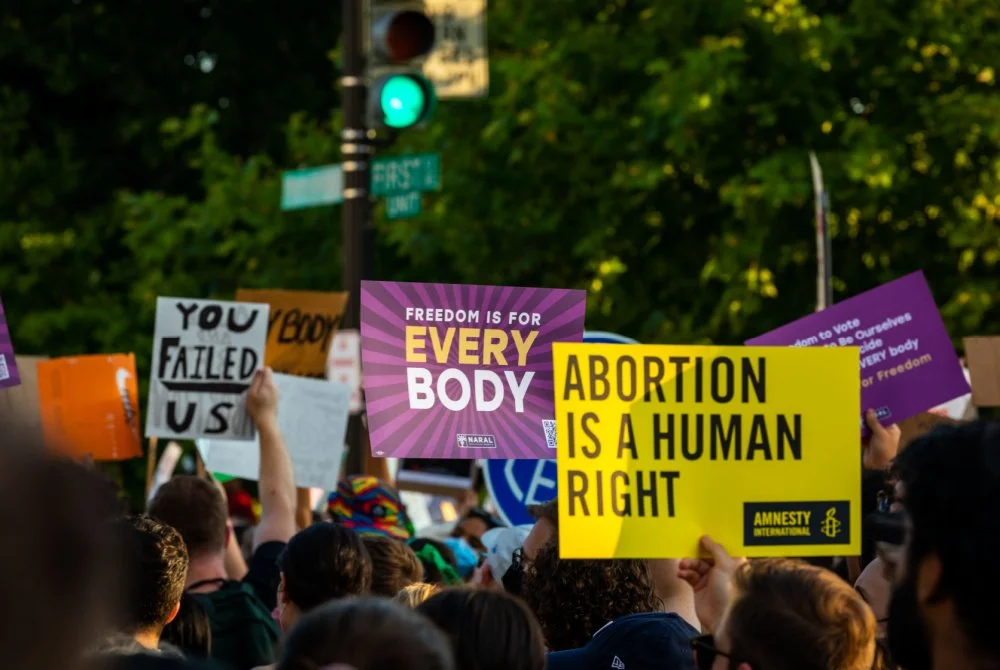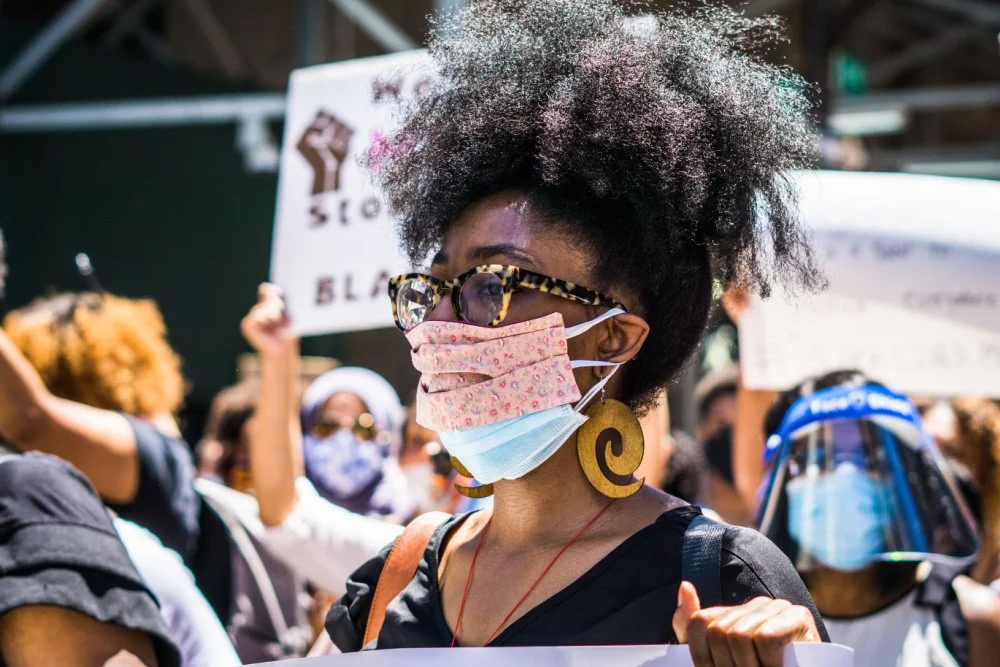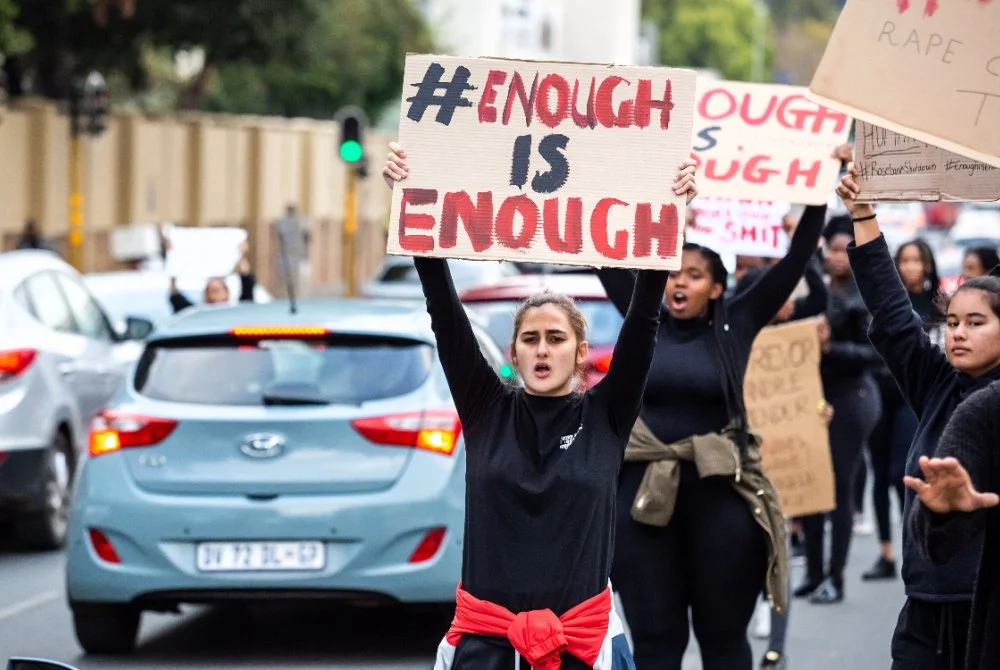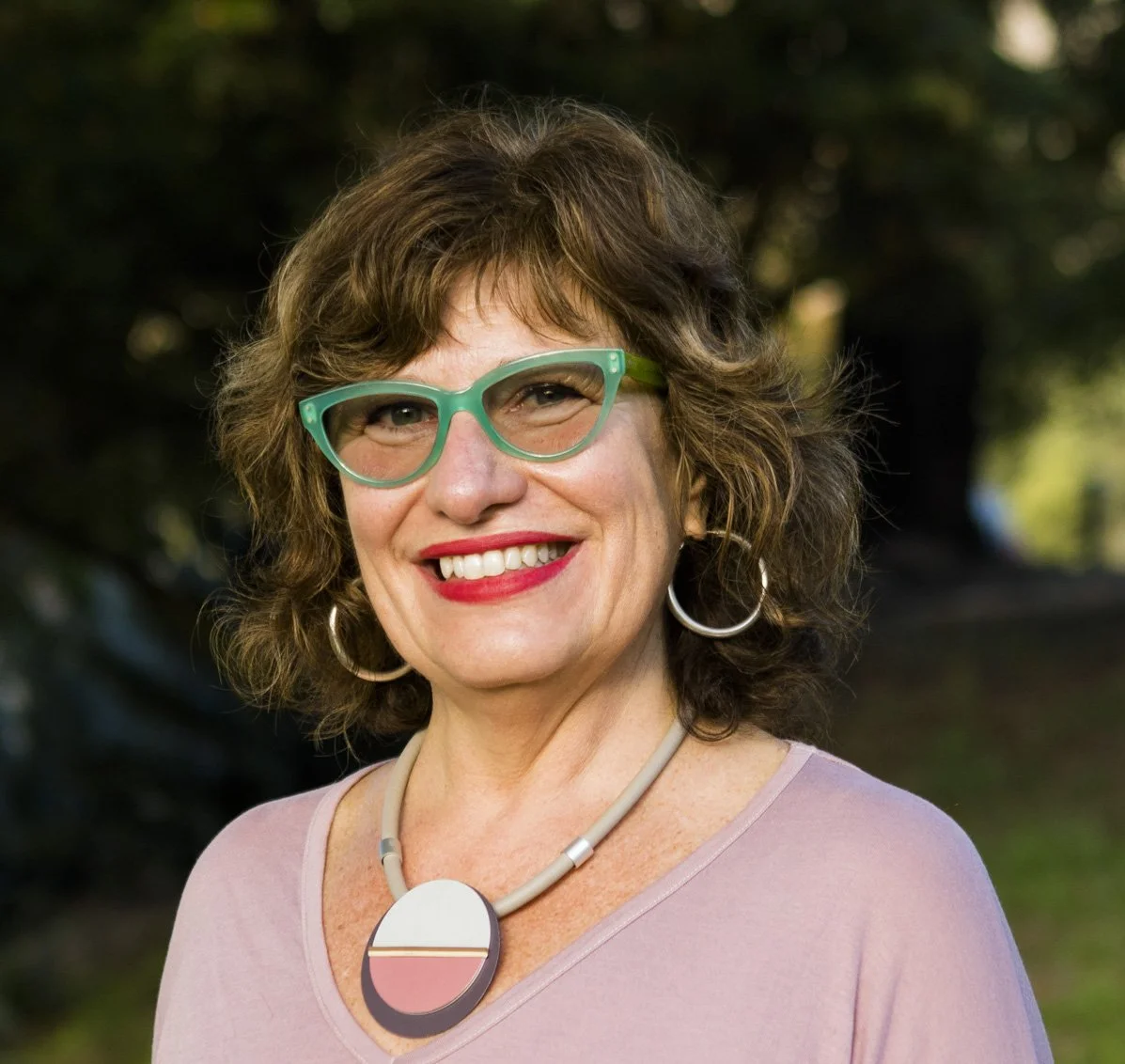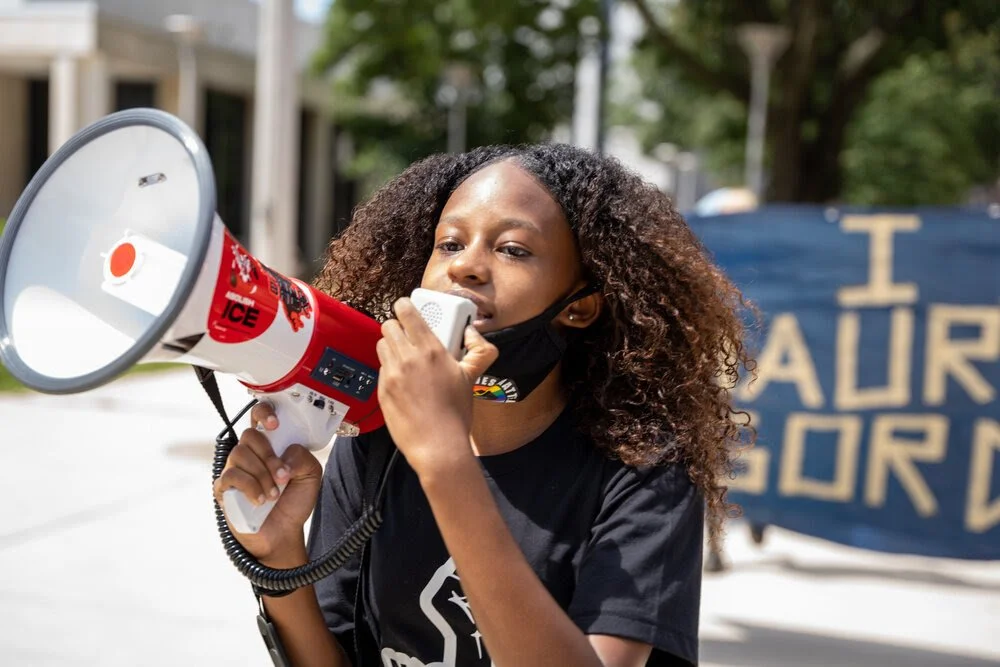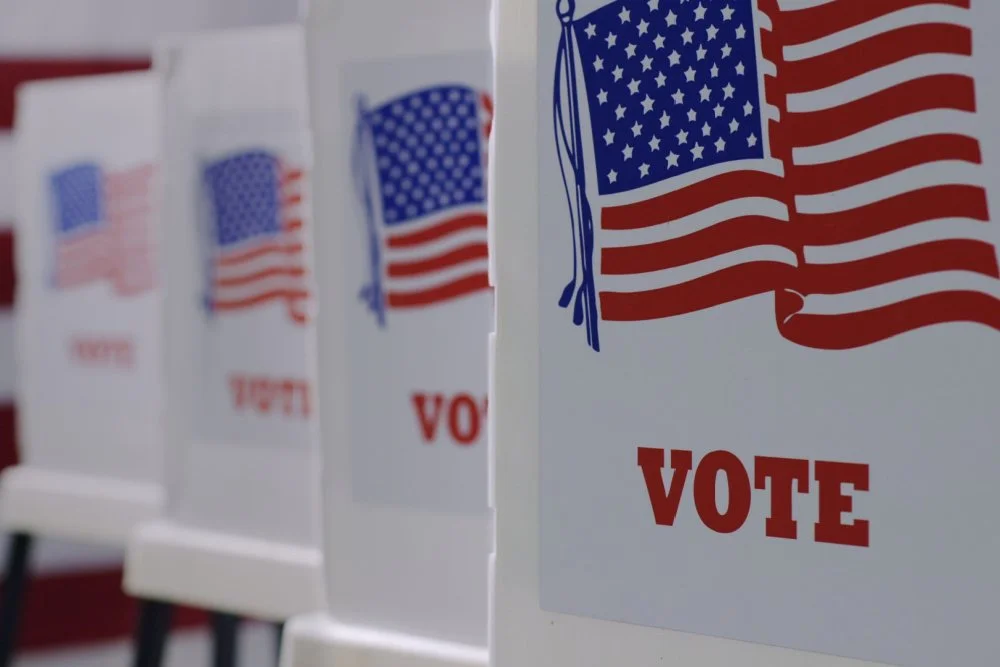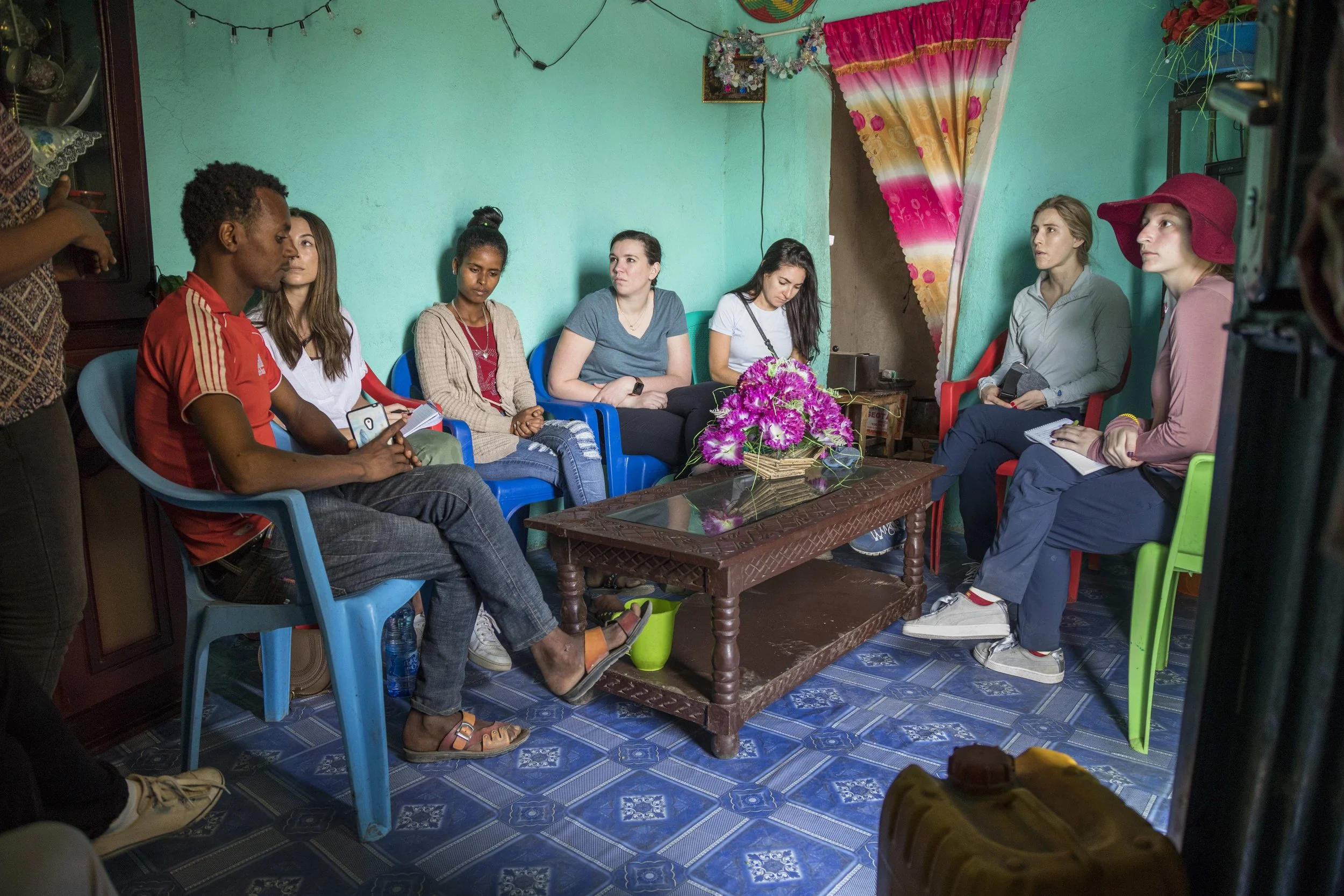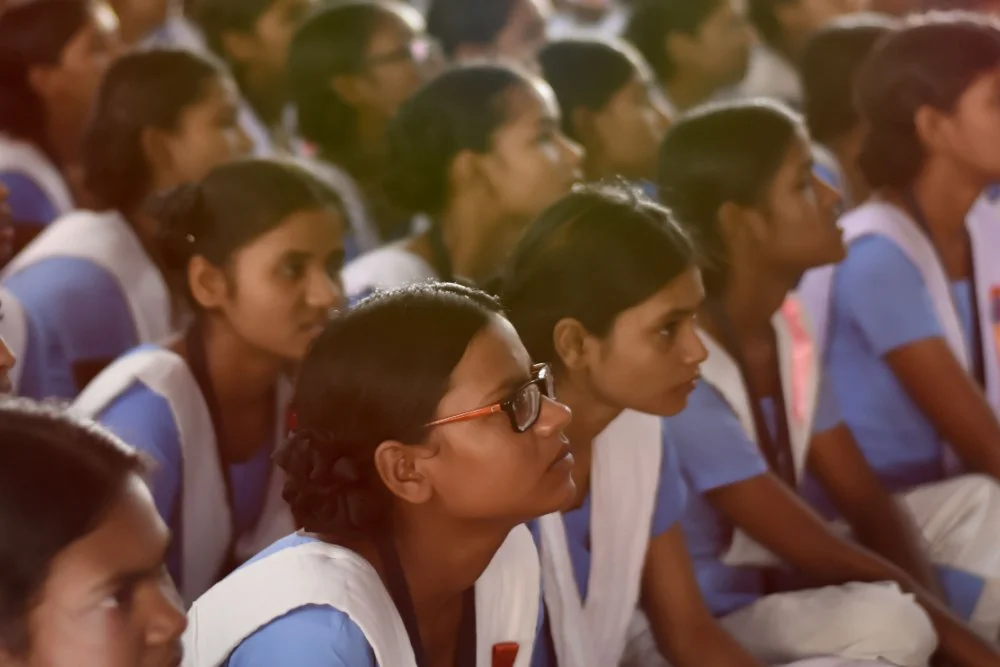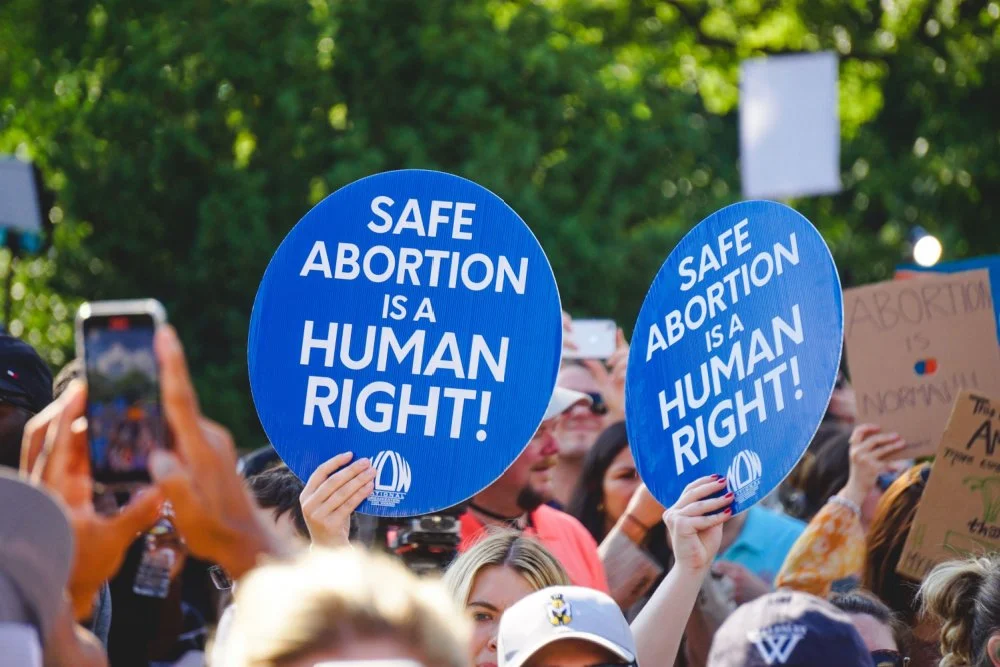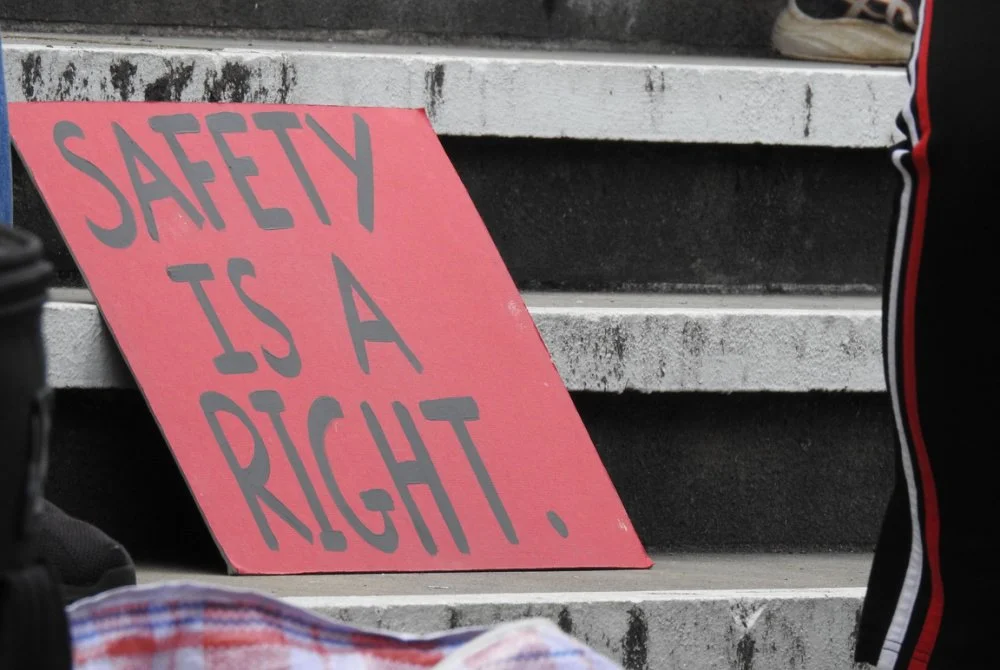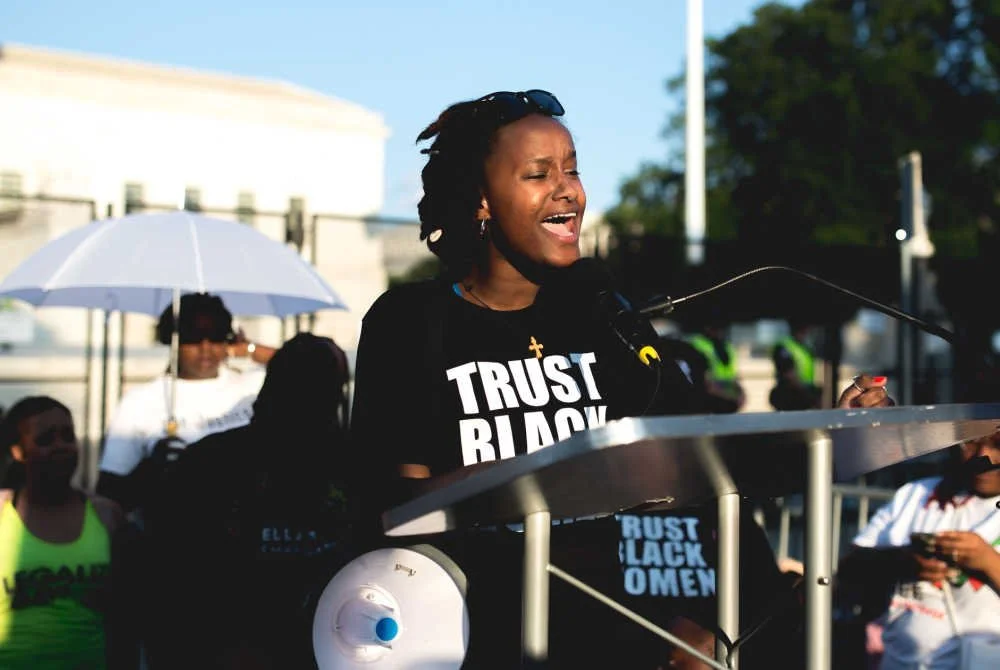Listen to Your Heart, Follow Your Friends: How Young Women Philanthropists Think Differently
/There have been quite a few studies conducted about women in philanthropy and how female philanthropists give differently than their male counterparts. More broadly, much has been written in recent years about the rising importance of women's philanthropy, including here at Inside Philanthropy. Due to career success and an increase in woman-owned businesses, women are gaining greater wealth and more power to give. They're also expanding their traditional leadership role in family philanthropy by building major new foundations and emerging as top leaders in the field. (If you want a bunch of examples, see our list of the "50 Most Powerful Women in U.S. Philanthropy.")
Meanwhile, at a local level, women’s funds and giving circles have spread across the U.S. to an impressive extent, as we often report. Whether it's building these groups, or national collaborations like Women Moving Millions, women stand out as the star networkers of philanthropy.
Studies that compare women philanthropists to men philanthropists are certainly interesting, but don't provide the full picture. How about comparing how millennial women to women of the baby boomer generation? A Fidelity Charitable study set out to do exactly that, and the results are worth paying attention to if you’re running a nonprofit these days.
A 24-page report, titled "Women and Giving: The Impact of Generation and Gender on Philanthropy," is based on surveys of 3,254 individuals, including 1,706 women. A key takeaway is that millennial women give very differently than their mothers or grandmothers ever did in the past or do now today.
Some of the key findings of the surveys that stood out to us regarding millennial women's giving:
- Millennial women are more motivated by emotion than older women.
- Millennial women give more spontaneously than older women.
- Millennial women talk about giving more openly and socially than older women.
- Millennial women use philanthropy to deepen their personal relationships.
- Millennial women are more likely to give internationally than older women.
- Millennial women are more likely to give to women and girls’ causes than older women.
While baby boomer women largely followed their husbands’ leads and gave money to charity in traditional ways, millennial women are taking less traditional routes. This means giving directly to individuals in need, donating through crowdfunding platforms, purchasing everyday items from environmentally sustainable and socially responsible businesses, and jumping on board with women's giving circles.
But while many things have changed, some things still seem to stay the same. Top issues for both millennial women and older women are hunger, healthy food access, healthcare access, basic health services, and disease prevention and treatment. There haven't been too many significant shifts in the topics that appeal to women, despite changes in giving styles.
Of course, these are all generalizations, but still interesting ones that stand to change the way giving is approached in the years ahead. With millennial women gaining more power and influence in their personal lives, the way they give now could very well dictate where the future of philanthropy is headed.
What's especially encouraging is that these up-and-coming givers aren’t satisfied with the current level of their giving and want to give more. This is something that definitely stands out when compared to the older generations, who largely report being fine with the amount of giving they’d been doing in past years.
Although plenty of millennial men are getting into philanthropy as well, it’s the young women who we particularly need to watch. As a whole, millennial women report being better informed about charitable causes and more passionate about making positive change. Perhaps this has something to do with our over-sharing culture on social media that contrasts with the quiet giving of our mothers. Whatever the case, it's a good thing.
Fidelity Charitable certainly knows the new terrain of today's emerging philanthropists. After the Gates Foundation, it's the biggest grantmaker in the U.S.—but with the critical difference that these grants come from myriad donors. In 2016, it made nearly 800,000 grants that flowed from over 80,000 donor-advised funds housed at Fidelity Charity. The group provides some giving tips for baby boomer women and millennial women on its website.
Related:


